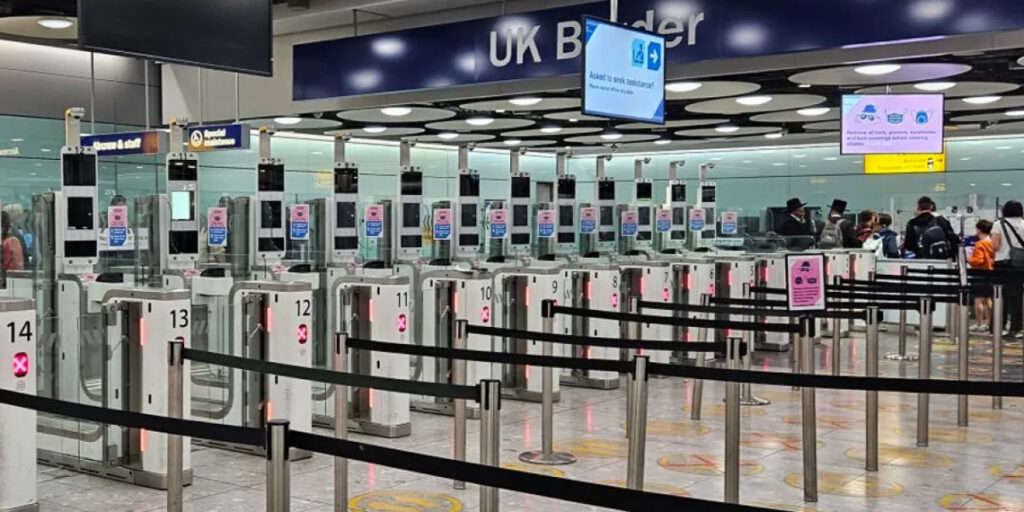The UK Home Office has announced plans to increase the cost of an Electronic Travel Authorisation (ETA) from £10 to £16, pending parliamentary approval.
Legislation to implement the price hike was introduced to Parliament on Thursday. Combined with other increases in immigration and nationality fees, such as for sponsorship and naturalisation as a British citizen, the changes are projected to generate an additional £269 million annually.
The proposed rise has drawn criticism from industry leaders.
Julia Lo Bue-Said, CEO of the Advantage Travel Partnership, said: “At a time when the economy needs to focus on growth, and the Government has highlighted its ambitions for the travel and tourism industry, it’s incredibly disappointing to see a 60% increase in the ETA fee even before its full implementation.”
“Charging international travellers to visit the UK is another economic policy that will directly impact the UK outbound travel sector and deal yet another blow to consumers.”
Liberal Democrat Lord Foster of Bath, chair of the House of Lords Justice and Home Affairs Committee, also raised concerns, particularly in comparison to the EU’s upcoming Etias scheme, which is set to cost just seven euros (£5.90).
“In an increasingly competitive tourist market, we should not be killing the goose that lays the golden egg,” Lord Foster remarked.
The Home Office, however, confirmed that transit passengers who remain airside will be exempt from the ETA requirement. Currently, Heathrow and Manchester airports are the only UK locations offering such transit facilities.
By April 2025, the ETA scheme will become mandatory for all visitors to the UK who do not require a visa, potentially impacting millions of international travellers.
This significant price rise has sparked debate over its potential effects on tourism and economic growth, with critics warning it could deter international visitors and harm the UK’s travel industry.


